On the morning of September 30, the regular Government meeting in September and the Government's online conference with localities opened under the chairmanship of Prime Minister Pham Minh Chinh. The conference was held online between the Government Headquarters and the Headquarters of the People's Committees of 63 provinces and centrally-run cities.
The conference was attended by Deputy Prime Ministers; Ministers, Heads of ministerial-level agencies, Heads of Government agencies; Chairmen of People's Committees of provinces and centrally-run cities. Representatives of Party Committees and National Assembly Committees also attended.

The conference discussed the socio-economic situation in September and the first 9 months of 2023; implementation of Resolution No. 01/NQ-CP of the Government; implementation of the socio-economic recovery and development program; allocation and disbursement of public investment capital; implementation of 3 National Target Programs and mid-term assessment of the implementation of the Government's Action Program for the 2021-2026 term to implement the National Assembly's Resolution on the 5-year socio-economic development plan for 2021-2025.
Speaking at the opening of the Conference, Prime Minister Pham Minh Chinh said that 2/3 of the way into 2023 has passed, in the context of the international and regional situation continuing to develop complicatedly; difficulties and challenges outweigh opportunities and advantages. The consequences of the COVID-19 pandemic are prolonged. Strategic competition between major countries and conflicts in Ukraine are still complicated.
Inflation has cooled down but remains high. Growth is low, uneven and uncertain, especially in countries that are Vietnam's major markets such as the US, China, South Korea, Japan, the EU, etc. Some countries and major partners (the US and the EU) continue to tighten monetary policy and the trend of rising interest rates may not end.

Along with that, international trade, investment and demand in major markets are weakening; global supply chains are locally broken; risks in finance, currency, real estate, and public debt are increasing; the risk of losing energy security and food security exists; in which crude oil prices are increasing sharply; traditional and non-traditional security challenges are becoming increasingly severe, with serious consequences.
Domestically, the economy is subject to a “double impact” from adverse external factors and long-standing problems are more clearly exposed in difficulties; while Vietnam is a developing country, the economy is in the process of transformation, the scale is still modest, the openness is high, the adaptability and resilience are limited.
In that context, under the leadership of the Party, often directly by the Politburo, headed by General Secretary Nguyen Phu Trong; the management of the State, the drastic direction of the Government and the Prime Minister; all levels, sectors and localities have made outstanding efforts, synchronously, effectively, focusing on key tasks and solutions.
The socio-economic development results of each month are better than the previous month, each quarter is higher than the previous quarter; the general objectives set out are achieved. The macro-economy is stable, inflation is controlled, growth is promoted, major balances are ensured; public debt, government debt, national foreign debt, and state budget deficit are well controlled. Social security and people's lives are guaranteed. Prevention and control of corruption and negativity are promoted. Politics and society are stable. National defense and security are strengthened, social order and safety are ensured. Foreign affairs and international integration are promoted; our country's international prestige and position continue to be consolidated and raised.
In addition to the achieved results, there are still shortcomings, limitations and many difficulties and challenges. Growth is lower than planned; inflationary pressure is still high; real estate markets, corporate bonds, and credit access are still difficult; bad debt tends to increase...
According to the report of the Ministry of Planning and Investment, the socio-economic situation in September and the first 9 months continued to recover positively. Although the results achieved for many important indicators and indicators were not as expected, they have changed more positively each month and each quarter.
Economic growth rate recovered positively, each quarter was higher than the previous quarter. GDP in the third quarter is estimated to increase by 5.33% over the same period last year (the first quarter increased by 3.28%, the second quarter increased by 4.05%). The macro economy continued to be stable, inflation was controlled, and major balances were ensured. The consumer price index (CPI) in September increased by 3.66% over the same period last year, the average increase in the first 9 months was 3.16%.
The monetary market is basically stable; interest rates continue to decrease, average deposit and new lending interest rates have decreased by about 1.0% compared to the end of 2022; exchange rates are managed in line with market developments; ensuring the safety of the banking system.
State budget revenue in the first 9 months is estimated to reach 75.5% of the estimate. Import-export turnover increased by 3.6% over the same period last year; estimated trade surplus in the first 9 months was 21.68 billion USD (same period last year was 6.9 billion USD). Public debt, government debt, and budget deficit are controlled according to the National Assembly's targets. Energy, food and food security are guaranteed.
Total social investment capital continued to improve, increasing by 7.6% in the third quarter compared to the same period last year. Total registered FDI capital in the first 9 months reached nearly 20.21 billion USD, up 7.7% over the same period. Disbursement of public investment capital reached 51.38% of the plan, higher than the same period and the absolute figure was about 110,000 billion VND higher. Production and business activities and enterprises continued to change.
The Government continues to focus on perfecting institutions and laws, improving the investment and business environment; resolutely and effectively handling many outstanding issues and obstacles; promoting investment in inter-regional expressway projects and strategic infrastructure projects, creating momentum to promote growth in the short, medium and long term. Focusing on doing well social security work, ensuring people's lives. The fields of culture, sports, tourism, information and propaganda continue to receive attention and be promoted. Foreign affairs and international integration are implemented synchronously, comprehensively and effectively...
However, economic growth has not reached the set target; in the first 9 months, GDP increased by 4.24% over the same period; investment in the non-state sector increased slowly, in the first 9 months, it increased by 2.3%.
Production and business continue to face challenges in terms of market, cash flow and administrative procedures. The difficulties of businesses and the economy have had a direct impact, increasing the pressure on macroeconomic management. The lives of a segment of the population are still difficult, especially in remote areas, ethnic minority areas, border areas and islands.
Natural disasters, droughts, storms, floods, extreme weather, landslides, riverbank and coastal erosion... are unpredictable, greatly affecting economic and social activities...

Concluding the meeting, the Prime Minister emphasized that the results of socio-economic development in 2023 depend on our own actions. Therefore, the Prime Minister requested members of the Government, leaders of ministries, branches and localities to focus on discussing and analyzing what has been done and what has not been done; analyzing the world and regional situation, timely and effective policy responses; being proactive, positive, timely and flexible; enhancing proactiveness, sense of responsibility, innovation and creativity, giving specific tasks to carry out the tasks assigned by the Party, National Assembly and Government, creating breakthroughs, completing the tasks and goals set, including promoting the three growth drivers: consumption, export and investment...
The Prime Minister requested an end to the situation of pushing and avoiding responsibility; the cumbersome situation of administrative procedures; and the need to coordinate work more smoothly and effectively...
With the requirement to continue to adhere to the general goals set out, the Prime Minister emphasized the need to closely follow reality, grasp the situation, enhance analytical and forecasting capacity to respond proactively, positively, promptly, flexibly and effectively, carefully prepare plans, scenarios and solutions to respond to possible situations; absolutely do not wait, rely on, push, avoid, "do not say no, do not say difficult, do not say yes but do not do". Further promote the development of strategic infrastructure, especially transport infrastructure, climate change response, digital infrastructure, green transformation, social infrastructure (healthcare, education, culture). Actively remove legal difficulties for people and businesses. Focus on training human resources to meet new requirements, emerging industries. Continue to decentralize, delegate power, strongly reform administrative procedures, reduce compliance costs for people and businesses.
The Prime Minister stated that in the current context, it is necessary to continue to prioritize promoting growth, specifically the processing and manufacturing industry. Continue to concretize the Resolutions of the 13th National Congress, the Resolutions of the Central Committee, the Politburo, the National Assembly, the Government, and the direction of the Prime Minister, focusing on promoting the implementation of strategic breakthroughs, restructuring the economy associated with renewing the growth model; strongly promoting emerging industries, innovation, digital economy, green economy, circular economy, sharing economy, etc.; accelerate urbanization, build smart cities associated with the development of 6 socio-economic regions, strengthen regional linkages, etc., thereby restructuring the economy towards rapid and sustainable development in the long term.…/.
Source



![[Photo] Buddha's Birthday 2025: Honoring the message of love, wisdom, and tolerance](https://vphoto.vietnam.vn/thumb/1200x675/vietnam/resource/IMAGE/2025/5/12/8cd2a70beb264374b41fc5d36add6c3d)
![[Photo] Prime Minister Pham Minh Chinh starts construction of vital highway through Thai Binh and Nam Dinh](https://vphoto.vietnam.vn/thumb/1200x675/vietnam/resource/IMAGE/2025/5/12/52d98584ccea4c8dbf7c7f7484433af5)



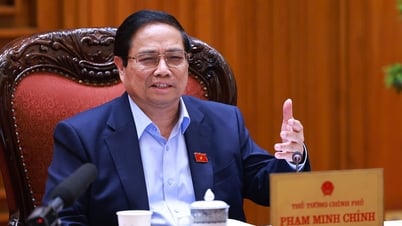

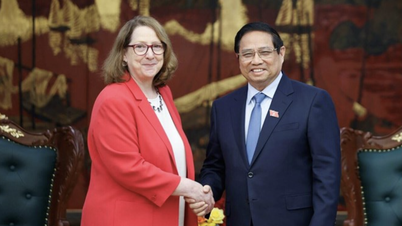





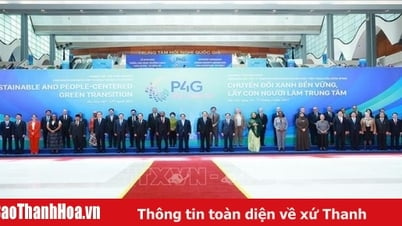
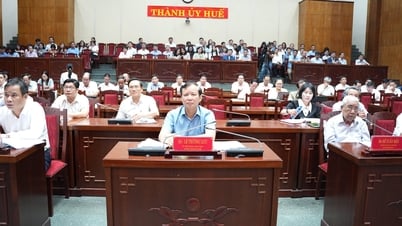

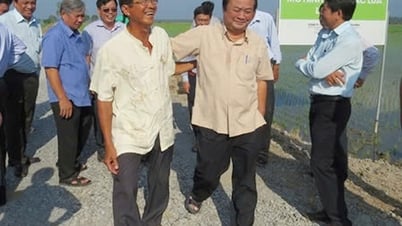
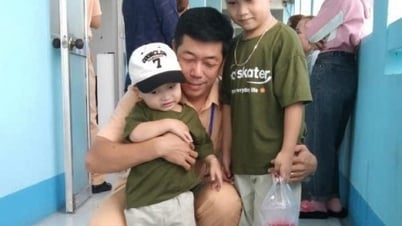
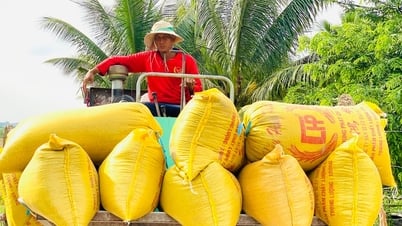
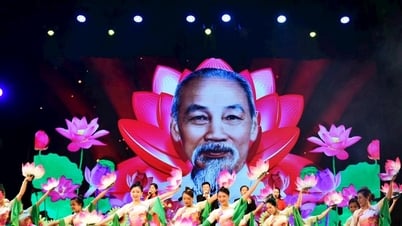
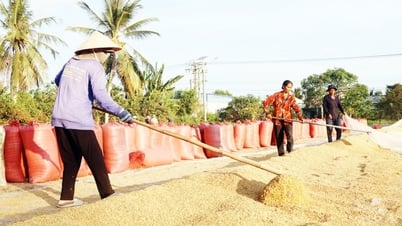
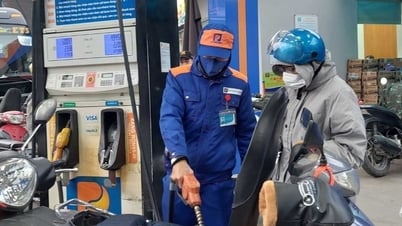





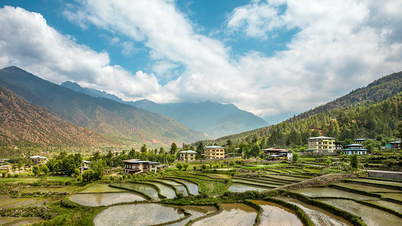




![[Photo] General Secretary To Lam meets and expresses gratitude to Vietnam's Belarusian friends](https://vphoto.vietnam.vn/thumb/1200x675/vietnam/resource/IMAGE/2025/5/11/c515ee2054c54a87aa8a7cb520f2fa6e)




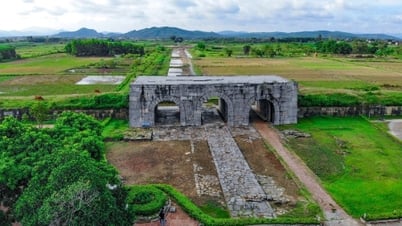








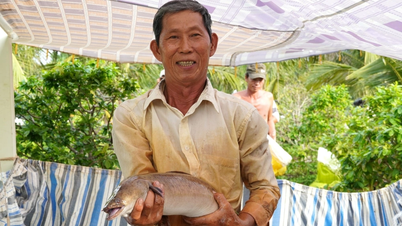

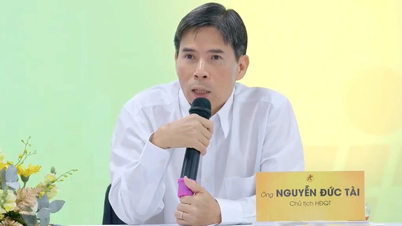



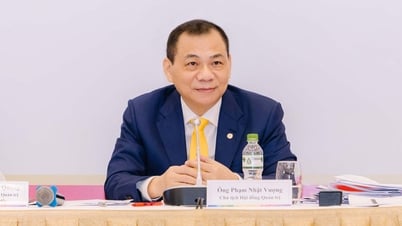


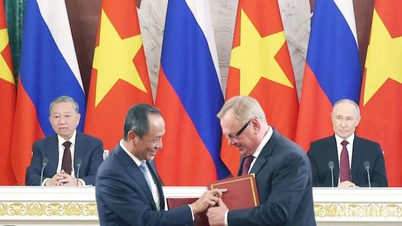



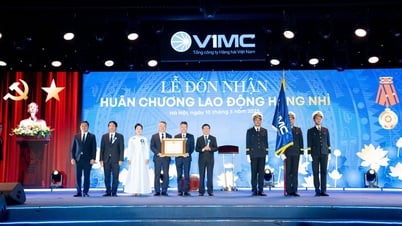
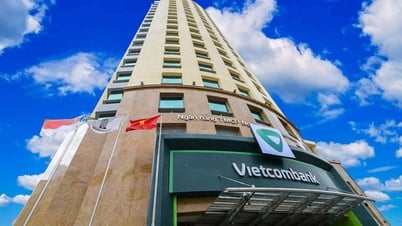

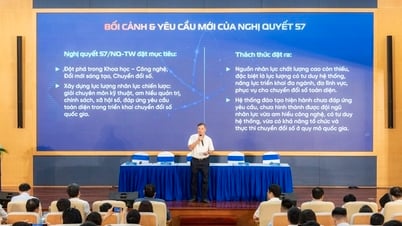
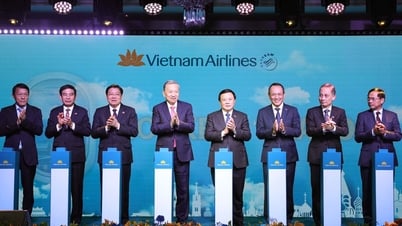


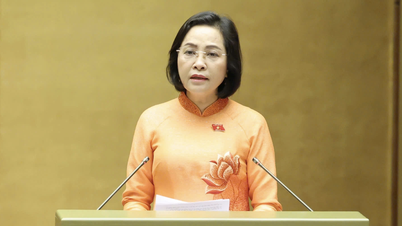


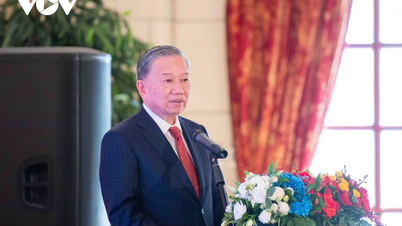

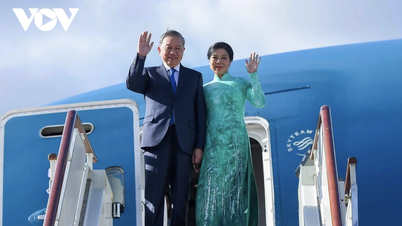
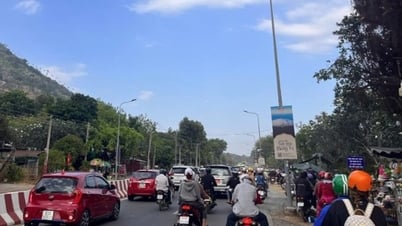
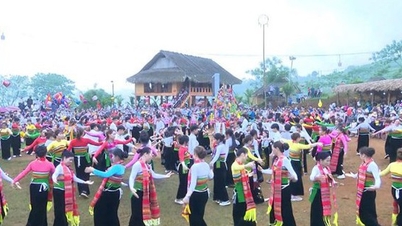


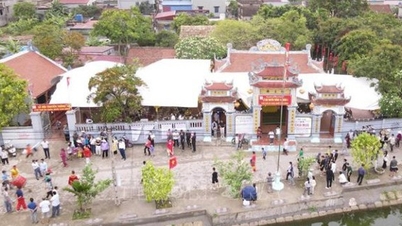



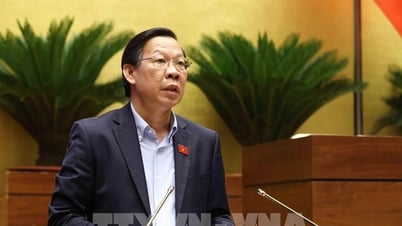

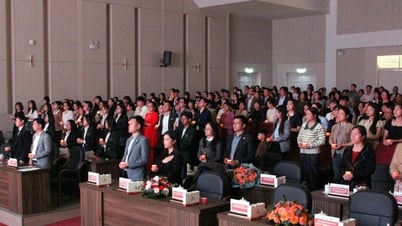

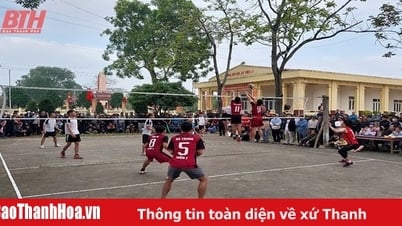

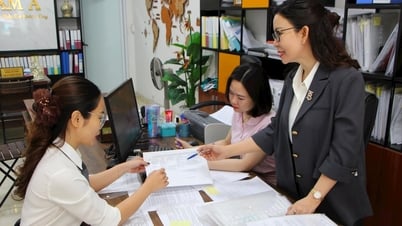

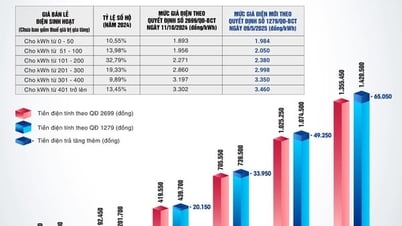









Comment (0)